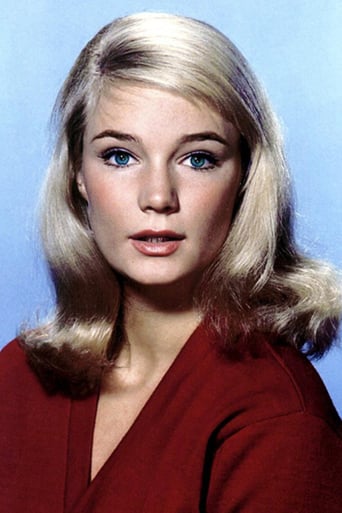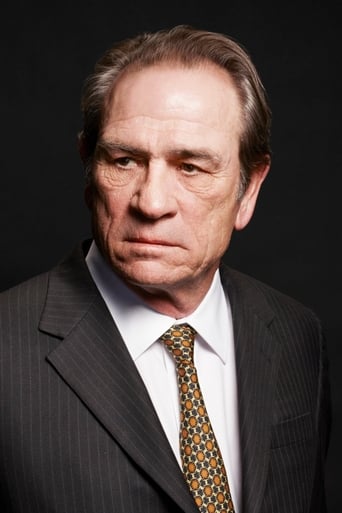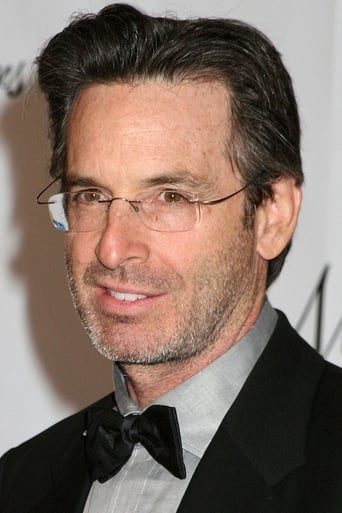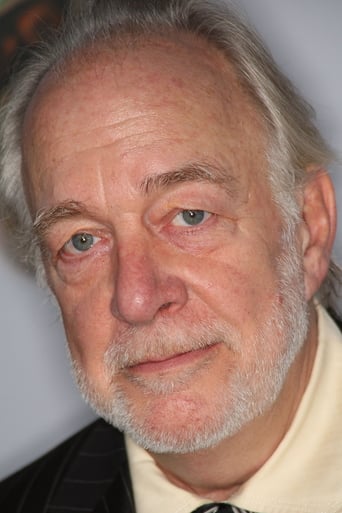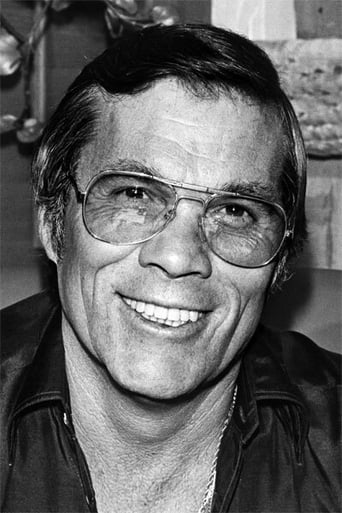preppy-3
Dinah Hunter (Yvette Mimieux) is traveling cross country from California to New York. In the deep south she unwisely picks up two hitchhikers. They hold her up and take her car leaving her all alone. She goes to a bar to use a phone. The bartender tries to attack her but she fights him off. Then a policeman wanders in and the bartender accuses her of attacking him! She's hauled off to jail and locked up. Then she's brutally raped but kills the man who did it. With the help of a fellow prisoner (Tommy Lee Jones) she escapes and they're both on the run.What sounds like a typical exploitation picture is surprisingly not bad. Aside from the rape scene (which is downright disgusting) this is pretty tame. There's next to no nudity (Mimieux briefly bares her breast) and it has a good script. This has been praised as a feminist picture. I don't agree. Sure she fights back and kills the man who rapes her but so do other woman in other exploitation films. Also she almost immediately falls in love with Jones and clings to him to save her. That's hardly feminist. The film also has plenty of shoot outs and car chases and Mimieux and Jones are very good in their roles. So it's worth seeing but a little overpraised and not a feminist film at all.
Uriah43
"Dinah Hunter" (Yvette Mimieux) works for an advertising agency and after an extremely bad day comes home only to find her husband with another woman. Determined to make a new start in life she decides to leave Los Angeles and drive to New York. But on the way she makes the mistake of picking up two hitchhikers who end up stealing her car and leaving her unconscious along the side of the road. To make matters even worse, after managing to stumble into a nearby restaurant she finds that her problems are only just beginning. Now, rather than reveal any more of the story and risk ruining the film for those who haven't seen it I will just say that I found at least one particular scene involving Yvette Mimieux to be quite graphic and brutal. In any case, I thought she did exceptionally well as did Tommy Lee Jones (as "Colin Blake") who also put in a fine performance. On the flip side, I didn't care too much for the ending and would have preferred a bit more finalization. All things considered I rate this movie as slightly above average.
danshepherd100
The best thing this movie has to offer is checking out Yvette Mimieux bare-chested. I cannot believe anyone could otherwise like this film. Shallow, predictable plot, VERY poorly acted bad-ole-good-ole-boys film that never misses a cliché. I would never have viewed it but for some stills from the jail scene of Mimieux. She really lowers herself from the pedestal I'd put her on in "The Time Machine." Weena, where have you gone? ;- (And how did they get so many otherwise worthy actors? I hardly recognized Tommy Lee Jones and Carradine. As for Howard Hesseman and Betty White, where have their standards gone? I could understand it if it was a first film for these guys - it's as if a director put a gun to the actors' heads, threw up the script and gave them one reading and on to the next scene.And is it possible to get a worse soundtrack? This movie has cheap written all over it. I'm going to do vidcaps of Yvette in the jail scene and toss this thing before it festers and affects others.
Woodyanders
Eternally entrancing firebrand actress Yvette Mimieux scores her best, strongest, most commanding and effective role to date as a smart, classy, fiercely self-sufficient no bulls**t Los Angeles businesswoman who runs afoul of psycho hicks and rapist redneck cops when she goes down South during her cross country trek from California to New York. Poor Yvette has one of those days which justifies the age-old cliché "sometimes it's better to stay home in bed": her car is stolen by a creepy backwoods hick nutjob (an intense, jittery Robert Carradine, who's genuinely frightening in a rare full-blooded sicko fruitcake part), she's wrongly put in the hoosegow by the local yokel cops after loutish bartender Britt Leach tries to sexually assault her, kills one particularly unpleasant hillbilly fuzzball after he brutally rapes her (the rape scene itself is quite graphic and upsetting), breaks out of jail and subsequently goes on the lam with tough, but tender-hearted career criminal Tommy Lee Jones."Jackson County Jail" qualifies as one of those great legendary rarities: it's a 70's redneck drive-in exploitation movie that not only delivers the goods and then some, but also the kind of gritty, top-notch, fairly plausible flick that both wholly earns and completely lives up to its killer cult status. Mark Miller's remarkably artful and assured direction plays a key role in making the film the grind-house classic that it is: the quick, unrelenting pace never let's up for a minute, the action scenes are rousing and marvelously choreographed, and the solid, pretty complicated and arresting narrative hooks the viewer from the get-go. Moreover, the film's astute depiction of the relative differences and similarities between cops and criminals is wickedly subversive: The crooks for the most part are loyal, honorable and compassionate folks while a majority of the police are total a**holes. This deliciously amoral masterstroke, a typically twisted piece of 70's B-movie nihilism which boldly bucks convention, lifts "Jackson County Jail" well above the rut of your standard-issue by-the-numbers formula drive-in fare.However, that's not to say that "Jackson County Jail" fails to hit the bull's eye in other departments; it's an across-the-board winner in every conceivable way. The uniformly excellent cast alone testifies to this: Severn Darden as a prissy, kindly, quirky sheriff, Howard Hesseman as Yvette's faithless smarmy husband, Mary Woronov as a butch lesbian outlaw gal, "Revenge of the Cheerleaders" 's adorable lead bimbo Patrice Rohmer as Jones' jealous ex-girlfriend, Cliff Emmich as a loathsome male chauvinist CEO Yvette tells off at the start of the movie, and future "Hill Street Blues" TV series regular Betty Thomas as a saucy, outspoken greasy spoon waitress who tries to fleece Yvette out of ten bucks. Loren Newkirk's melancholy, harmonica-heavy, nicely down-home country score, the often razor-sharp dialogue (when Yvette tells Jones to be careful when he faces off with the pigs at the film's thrilling conclusion, Jones responds with this choice fatalistic retort: "I was born dead anyway"), the unsparingly bleak and harsh downbeat nightmarish tone, and especially Bruce Logan's agile, polished cinematography (the use of hand-held camera for Jones' climactic face-off with the law really does the stirring trick) are all also highly impressive. Gripping, suspenseful and exciting in comparable measure, "Jackson County Jail" stands tall as a sterling example of 70's hayseed exploitation cinema at its tense, tantalizing zenith.


